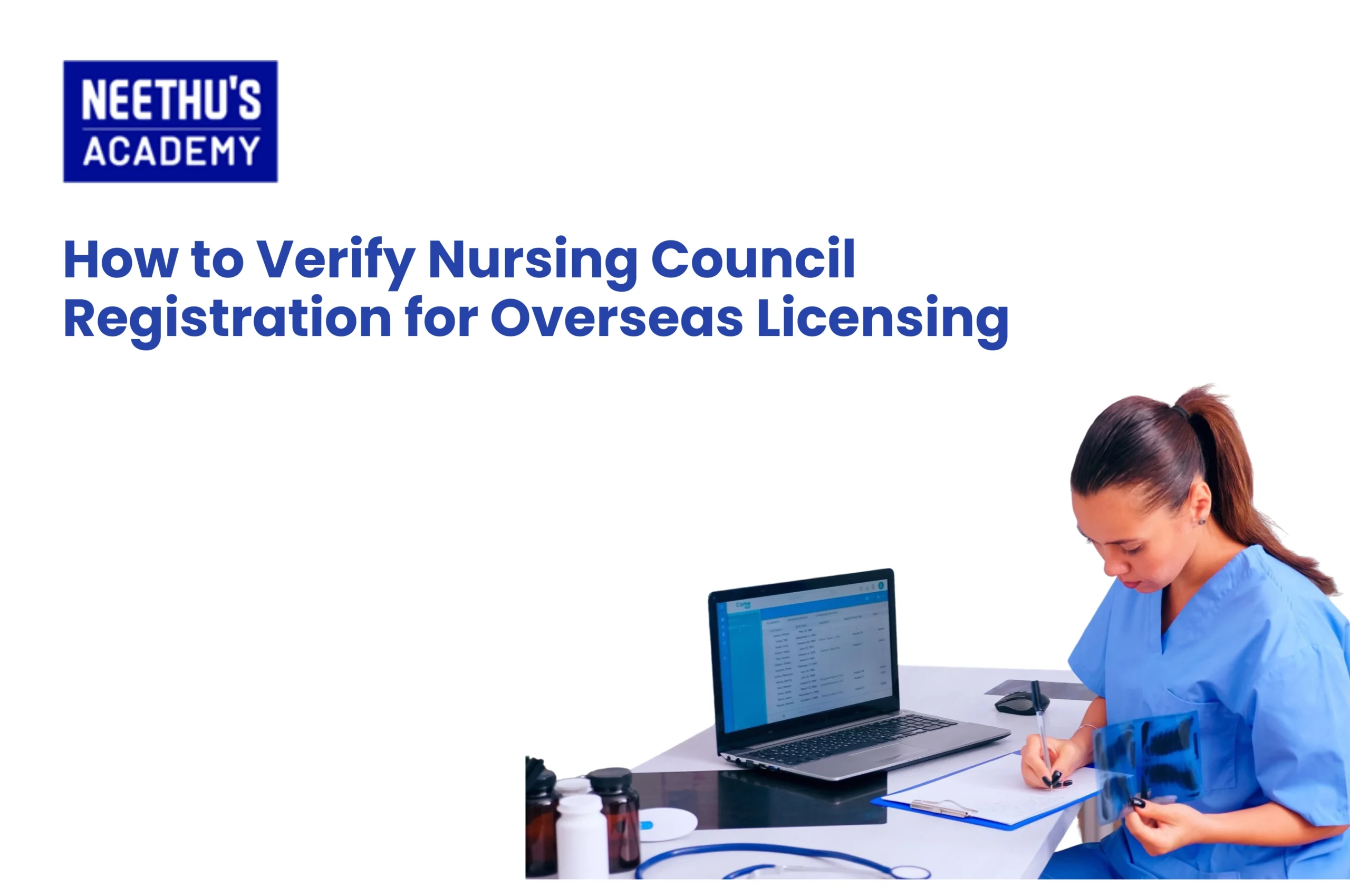Imagine you are running out of time and still have questions to complete! That would be the worst-case scenario while taking a…

Studying Abroad as a Parent: How to Balance Parenthood and Academics
Studying abroad is always an exciting adventure that opens up personal growth as well as professional development. However, for a parent, it presents its own list of challenges. It is really overstretched to endeavor both the responsibilities of parenthood and the demands of academic life, but it is possible by careful planning and the proper strategies in place to make sure that this journey is rewarding both for you and your children. In this blog, we’re going to share some pieces of information on how to effectively manage family and studies while studying abroad.
A Guide for Parents Studying Abroad
For most parents, the experience of studying abroad is overwhelming. From homework to life management, and so much more, the stakes can sometimes be too high to overcome. Remember, this may just be a change that you and your family will carry forever. The better prepared you are, the better you are going to turn the experience into growth, education, and adventure.
Benefits of Studying Abroad as a Parent
For a parent studying abroad offers several advantages. Let’s take a look at some of them.
Benefits for Child’s Growth
Studying abroad has a huge impact on a child’s social, mental, emotional, and educational development. Learning in another culture, as well as the educational systems of that place, can awaken critical thinking and adaptability. Here are some specific ways in which this experience can positively impact your child’s growth.
Broadened Perspectives: International study enables children to view the world from a variety of lenses, which gets them to empathize and understand others even better. Such broadening of perspectives can serve them well in diverse social settings in the future.
Increased Independence: Living in a new environment encourages children to live more independently. Children develop problem-solving, decision-making, and dealing with the unknown where such is very needed in life.
Better Social Skills: Socializing with students from varied cultures opens more avenues of communication and enhances social skills. The children learn to make friends across cultural boundaries which, in the context of today’s globalized world, will prove to be a crucial preparation.
Cultural Immersion
Living abroad opens you up to and your children to the culture of the other nation. The more you get to understand this new culture, you realize that it will teach you very beautiful lessons about diversity. Some benefits of immersion in a culture include the following:
Learning Local Customs: The traditions, festivals, and social norms all combine to make your family interested in the culture of the place. After all, it’s that time to make memories for life and deepen appreciation for the rich diversity of cultures across the world.
Building Resilience: Okay, let’s be honest; there’s not much tougher than starting in a new culture. As a family, this process will help reinforce bonding within your family and further build up resilience within your children.
Language Proficiency
One of the advantages of studying abroad is the acquisition of a new language. When the language is used daily, it improves one’s language acquisition as well as fluency. The benefits for students who become fluent in a language include:
Cognitive Development: The ability to learn two languages proves that bilingualism can enhance cognitive flexibility, ability to solve problems, and creativity. Being able to acquire knowledge in multiple languages will prove academically and mentally beneficial to your children.
Future Opportunities: Mastery of another language might make them candidates for a wider scope of future employment avenues. It will give your children an edge in finding work since most careers open doors to opportunities worldwide.
Benefits for Personal Life
Studying overseas also enhances your personal life in so many ways:
Academic Development: Studies in other countries can offer very different academic courses and research opportunities, which may promote your qualifications and career.
Professional Networking: Through professional networking, interaction with international peers opens wider horizons, leading to new friendships and professional networks that often benefit a professional’s career throughout life.
Personal development: The experience of living and studying in another culture promotes personal growth, self-discovery, and a deeper understanding of your own identity.
Living Standards
Many countries provide a great quality of life and good quality education, perfect for your family. Good schools and healthcare will ensure a quality life for you and your children in case you go abroad. Here’s why:
Quality of Education: Some countries are really famous for their educational systems, so your children will be in a position to receive some of the best education around the globe that they wouldn’t have gotten back in your home country.
Access to Health Care: Studying abroad may give access to better hospitals, which will ensure the health and well-being of your family in a foreign land.
Benefits for Future Life
The time spent abroad learning can be a period of great change in the future plans of many families in numerous ways:
Career Advancement: Living experience in another country is usually worth much for a firm. This study abroad experience will be one of the most desired sections on your resume during the competitive markets for jobs.
Cultural Competence: Exposure to other cultures promotes cultural competency, which proves very handy in today’s economies. This would benefit the family in every respect, including education and careers.
Life Skills: Challenges students face while studying abroad, as they face new environments and cultural differences, will develop the child’s life skills that will help them later in life.
Tips for Studying Abroad with Your Children
Create a Routine: Set out a daily routine as soon as possible so that you and your children will easily adapt to this new environment. Make sure there is time set aside for study, family activity, and relaxation. It may do much in de-stressing oneself and keep you productive at the same time.
Get the Kids on Board: Involve your children in your educational journey. Whether it is attending university events or bringing them close to the local culture, involve them as they would help arouse curiosity and interest in the overall process of learning.
Manage Self-Care: Being a student and also a parent can pose a myriad set of challenges. You need to manage your life in such a manner that you take care of yourself. Separate some time for your self-care so that you can cut down on stress and maintain your well-being. It could be working out, meditation, or just plain quiet time.
Keep it organized: make all your academic responsibilities and family commitments on planners or digital tools. When staying organized, you can effectively manage your time such that you will not miss essential deadlines or family activities.
Interact with the local community: Take your kids to the neighborhood activities or community events. This interaction will make you and your children feel like you belong to the community and eventually get assimilated into the new culture. It further delivers fantastic networking opportunities for you and your kids.
Be Realistic: Understand that learning and parenting are very demanding responsibilities. Be realistic about setting up expectations and acknowledging the ups and downs with both the children and your academics. Being flexible can make a great difference in this experience.
Seek Academic Help: Most learning institutions offer support services to student-parents, which include counseling, childcare facilities, and academic advising. Make use of them to ensure the right management of your academic life and family life.
Plan Family Activities: Schedule time for regular family outings or activities to go around the new surroundings with members. This will help each member cement his/her bond with other family members plus enjoy cherished memories all over time.
To Sum Up
Studying abroad as a parent is both challenging and rewarding. Understanding the benefits, knowing what to be concerned about, and following some practical tips can help one manage life as both a parent and a student. Don’t miss this opportunity for growth, cultural immersion, and time spent with your family. After all, careful planning and support will work wonders and make an enriching experience that will benefit your whole family. This journey can teach you the most precious life lessons, help you form bonds of a lifetime with people, and bring about a brighter future for you and your children.
Related Blogs
- All Posts
- OET
In case you are immigrating to Canada or looking for higher studies in the French-speaking parts of the nation, then the TCF…
Feeling a bit overwhelmed about the OSCE? You're not alone! The Objective Structured Clinical Examination is a big step in your medical…
Course Enquiry
Latest Posts
- All Posts
- canada
- CBT
- DHA
- French
- GENERAL
- German
- Haad
- IELTS
- IQN NEW ZEALAND
- MOH
- NCLEX-RN
- NHRA
- OET
- OSCE
- Pearson Vue
- PROMETRIC
- PTE
- TOEFL
- Back
- NCLEX - NGN
- Back
- OET FOR PHYSIOTHERAPIST
- OET FOR PHARMACIST
- OET FOR DOCTORS


Frequently Asked Questions
Plan a structured routine that balances academic, family, and personal responsibilities and makes good use of the host countries’ local resources, such as childcare services and other family support services offered by the universities.
First, manage your time as you should: with a daily routine, being more digitally organized, and a little help from school resources, like academic advising and family services, to help you balance being a parent and a student.
Keep in touch with your parents, make appropriate provisions for their well-being through immediate family or professional caregivers, and visit them when convenient to stay close in emotional terms.
No, it’s never too late to become a foreign student since most students over the age of 30 seek international education for career development or personal growth.

